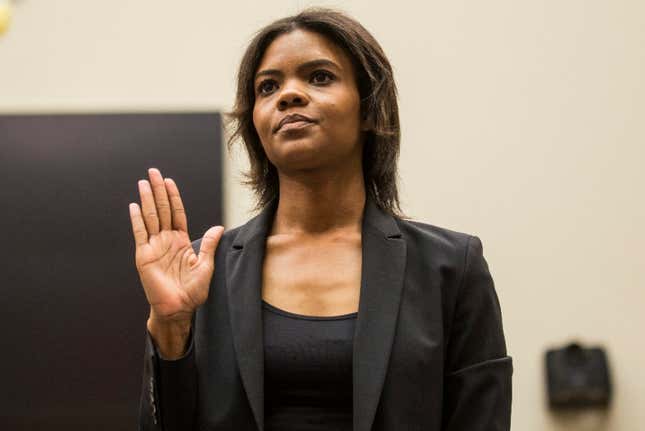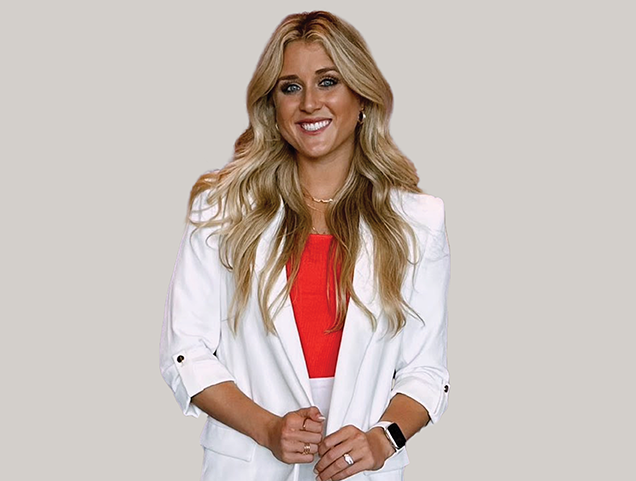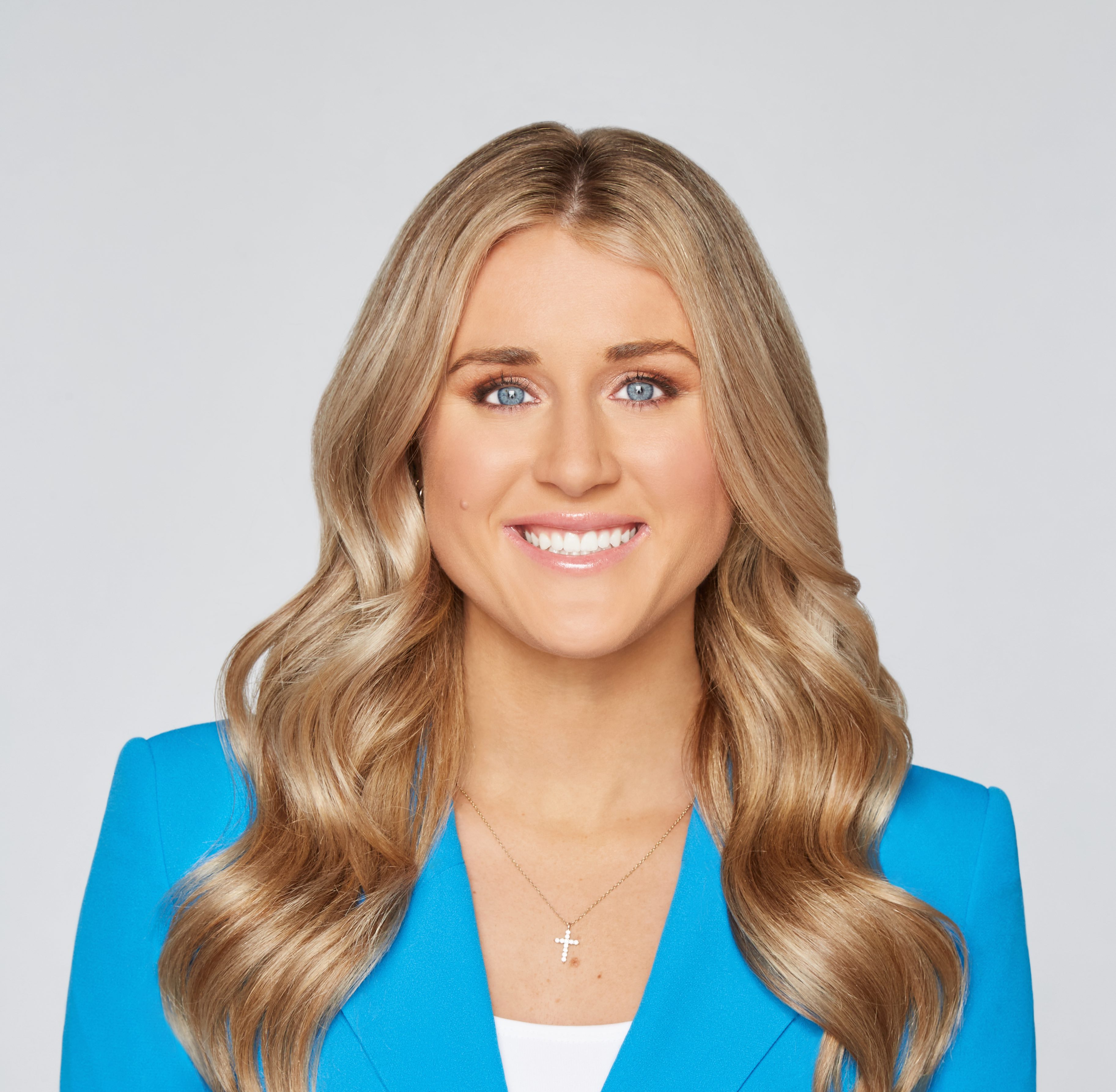In a surprising turn of events, Riley Gaines, an accomplished former collegiate swimmer and outspoken advocate for women’s sports, has joined forces with Candace Owens, a prominent conservative commentator, to combat what they perceive as the toxic influence of Whoopi Goldberg in the realm of public discourse and women’s rights. The alliance of these two influential figures has sparked a heightened debate on issues surrounding gender identity, fairness in athletics, and the broader implications of media narratives that they argue undermine women’s achievements and safety.

Riley Gaines has gained recognition not only for her athletic prowess but also for her fearless stance against the inclusion of transgender women in female sports, which she believes jeopardizes the integrity of women’s competitions. Her experiences competing against trans athletes have fueled her passion for advocating for a level playing field, highlighting the physiological differences that exist between biological males and females. In recent years, her advocacy has resonated widely, particularly among parents and athletes who share her concerns about the implications of current policies on women’s sports. Gaines’s commitment to this cause has garnered significant attention, making her a prominent voice in the ongoing debate.
On the other hand, Candace Owens, known for her controversial takes on various social and political issues, has leveraged her platform to discuss perceived threats to traditional values and societal norms. Her outspoken criticism of what she terms the “woke” culture has positioned her as a provocative figure unafraid to challenge the status quo. Owens’ commentary often targets the narratives pushed by mainstream media personalities, including Whoopi Goldberg, whom they both accuse of perpetuating what they consider harmful ideologies regarding gender and identity politics. Their united front against Goldberg underscores a significant cultural clash around gender roles and women’s rights.

The collaborative effort between Gaines and Owens has resulted in an extensive campaign that aims to dismantle what they describe as harmful messaging propagated by Goldberg and others within the entertainment industry. They argue that Goldberg’s influence promotes a narrative that diminishes the challenges faced by biological women in competitive sports and dilutes the achievements of female athletes. By rallying together, they seek to amplify their concerns, providing a counter-narrative to the conversations led by figures like Goldberg, whom they accuse of prioritizing progressive ideals over the integrity of women’s issues.
This alliance has not only caught the attention of political commentators and social media users but has also ignited discussions among feminists and women’s rights advocates. Supporters of Gaines and Owens argue that their partnership is a necessary response to the changing landscape of women’s rights and sports. They emphasize the importance of maintaining a space where women can compete fairly and safely, free from the increasing encroachment of policies that they believe compromise these principles. On the contrary, their detractors suggest that this alliance perpetuates divisive rhetoric and overlooks the complexities of gender identity, advocating instead for inclusivity and understanding.
Moreover, the intersection of sports, gender identity, and feminism is increasingly becoming a battleground for public opinion. The collaboration between Gaines and Owens thus reflects a broader societal debate about identity, representation, and the meaning of womanhood in the current cultural climate. Their united stance against figures like Goldberg serves as a rallying point for those who feel marginalized by existing narratives, seeking to reclaim what they perceive as a lost fight for women’s rights and dignity in the face of evolving societal norms.

The pushback against Goldberg’s influence showcases the cultural tensions at play, as differing ideologies clash over the definitions of fairness, equality, and representation. As Gaines and Owens continue to engage with audiences through various media platforms, their partnership highlights the complexities of navigating modern feminist discourse. Their efforts represent a fierce determination to advocate for women’s rights as they see them, raising awareness about the implications of policies on women’s sports while also challenging the narratives that they believe threaten to overshadow the achievements of biological women in athletics.
As this shocking alliance unfolds, the response from various communities will likely shape the future landscape of women’s rights advocacy. The implications of such partnerships extend beyond the immediate debate, influencing how societal conversations about gender and identity will evolve. Whether seen as champions of women’s rights or as divisive figures in a contentious debate, Riley Gaines and Candace Owens’ collaboration exemplifies the ongoing struggle to define fairness in an ever-changing cultural landscape. The fight against Whoopi Goldberg’s perceived “toxic” influence will continue to be a focal point in the larger dialogue on gender and women’s rights as these prominent figures leverage their platforms to champion their views.


